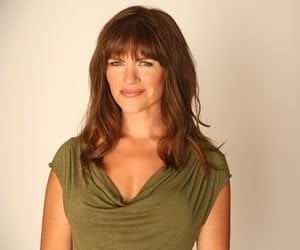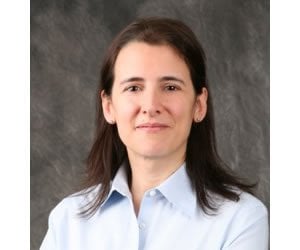Why Men Should Consider OB/GYN as a Specialty
“A woman needs a man like a fish needs a bicycle,” croons U2 in the ... Read more
Written by: Bernard Lynch
Published on: May 27, 2021
“A woman needs a man like a fish needs a bicycle,” croons U2 in the ... Read more
Written by: Bernard Lynch
Published on: May 27, 2021

As a physician, I have worked in private practice, academic medicine, research medicine, and community ... Read more
Written by: Suzi Schweikert
Published on: April 4, 2018

By Adelle, Medical Student I went into my third year with a somewhat open mind ... Read more
Written by: Adelle
Published on: March 20, 2018

Under the glow of the OR lights, I could barely make out the pulsating artery ... Read more
Written by: Adelle
Published on: September 29, 2017

Republished with permission from here. Dr. Pablo Rodriguez, an OB/GYN, doesn’t have a typical office.Inside ... Read more
Written by: Anna Delamerced
Published on: September 27, 2017

Dear medical students: I’m sorry. You had just finished two years of didactic learning and ... Read more
Written by: Karen Tran-Harding
Published on: July 31, 2017

“So if you don’t mind me asking, why did you make the switch?” I get ... Read more
Written by: Karen Tran-Harding
Published on: July 27, 2017

Updated February 17, 2022. The article was updated to correct minor grammatical errors and formatting. ... Read more
Written by: Guideline Central
Published on: July 21, 2017

Central to the skillset of every physician is the differential diagnosis; this is the process ... Read more
Written by: Brent Schnipke
Published on: August 29, 2016

Central to the skillset of every physician is the differential diagnosis; this is the process by which ... Read more
Written by: Brent Schnipke
Published on: July 25, 2016

Sara E. Gottfried, MD, is a board certified obstetrician and gynecologist; founder and CEO of ... Read more
Written by: Juliet Farmer
Published on: June 1, 2016

Laura C. Londra, MD, FACOG, is a reproductive endocrinology and infertility physician at Ohio Reproductive ... Read more
Written by: Juliet Farmer
Published on: April 4, 2016
Linda Pollack shares her thoughts on the field of OB/Gyn and offers some advice for students.
Written by: Juliet Farmer
Published on: July 14, 2013

Chang-Nin Lee shares his thoughts on the field of OB/Gyn and offers some advice for students.
Written by: Juliet Farmer
Published on: June 16, 2013